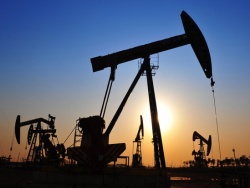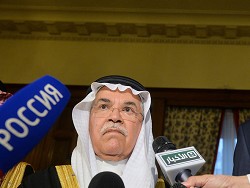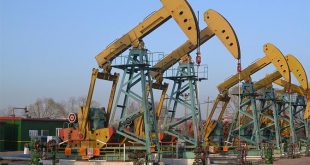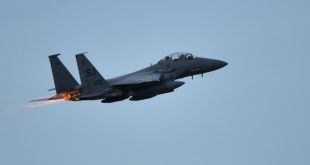
In the medium to long term the reduced investment in the global oil industry because of low prices may result in the suspension of important projects. This, in turn, threatens the stable supply of oil consumer after 2020.
Such opinion the Minister of energy Alexander Novak has expressed in an interview with Die Welt. According to his calculations, the volume of investments only in 2016 could fall by 15-40 percent.
“Therefore, investments thirty largest companies in 2016 will be reduced by $ 200 billion more than expected in the pre-crisis period. In parallel we see the rise in price of credits for oil producers in the U.S., which complicates access to financial resources”, – said Alexander Novak (quoted according to the Ministry of energy – approx. “RG”).
The Minister agreed with the calculations of the International energy Agency (IEA) that the price of a barrel of oil does not soon stabilize. He recalled that many analysts have in 2014, when the price just started to fall, expect low quotes will quickly withdraw from the market the excess production, but this did not happen. “We see that the previous high price of $ 100 per barrel in fact was highly exaggerated and that oil producers can withstand falling prices and continue to produce, the Minister said. – Demand and supply grow proportionally, and the gap between them became smaller. So now they all (producers and analysts. – approx. edition) revise their forecasts about the end of this cycle”.
In early February, the IEA published a report in which it downgraded its forecast for global oil demand in 2016. According to analysts of Agency, in January the world’s supply of black gold amounted to 96.5 million barrels, but in the course of the year the demand will be much lower – 95.6 million barrels. Thus, the gap will amount to 900 thousand barrels. Now the gap is higher – according to various estimates, it ranges from 1.5-2.5 million barrels.
In addition, Alexander Novak still takes the position that an artificial reduction in the level of oil production the major producers would not solve the problem of low prices, but only artificially, for a short time, lifted them. “Increased price, in turn, would lead to the infusion of speculative capital in capital-intensive projects, such as shale oil production that would entail a growth of supply on the market and falling prices. The deciding factor will be this the oil price at which shale oil production would be unprofitable”, – concluded the Minister.
Initially on reducing the level of oil production insisted Venezuela, reported earlier, Russia’s permanent representative to the international organizations in Vienna Vladimir Voronkov. He explained that the authorities of the Republic are faced with catastrophic consequences of low prices, and for them the question was closer. Russia, according to Alexander Novak, considered different options, including do nothing, but agreed with other countries that it is advisable to freeze their prey.
On 16 February, the Doha Ministerial agreed the Russian Federation, Saudi Arabia, Venezuela and Qatar. It was about freezing production at the level of 11 January on the period. Later, talks were held with Iran and Iraq, which have not yet adopted a similar solution – the consultation is planned to continue. Under the terms voiced by the Russian side, the freezing is only possible in the case of supporting initiatives in other large miners of the black gold. Estimated Alexander Novak, these actions will reduce the overproduction of raw materials on the world market by 1.3 million barrels a day.
To January 11, Russia managed to increase production by 1.9 percent, and it is likely that this growth will continue until the end of the year, admitted Deputy Minister of energy of Russia Kirill Molodtsov. Thus, the production increase for the year does not conflict with prior agreements of the Russian Federation and a number of OPEC countries.







